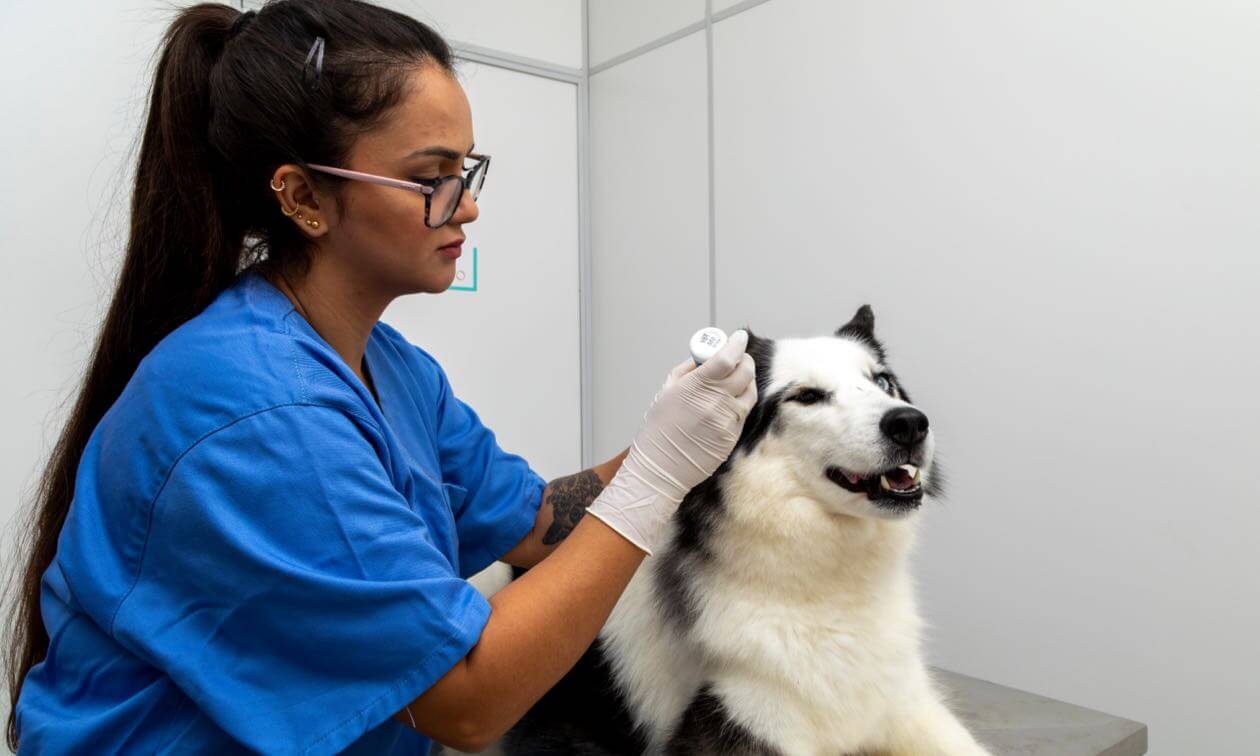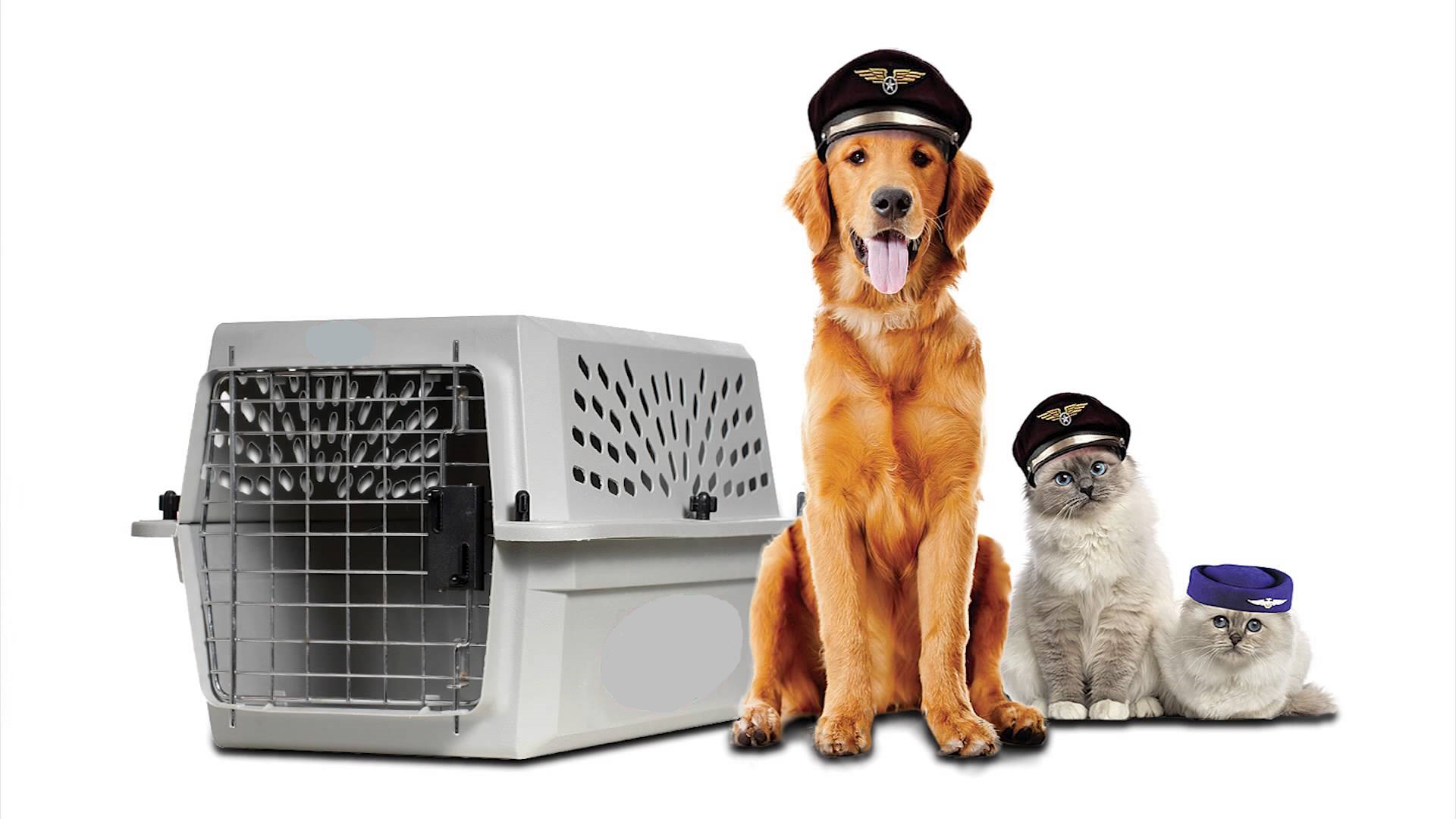Pet owners understand the importance of providing our animals with the utmost care and attention. Unexpected health problems can strike, though, and leave us perplexed and overburdened. These crises can take many different forms, from unexpected accidents to severe sickness onset. Knowing the key actions to do in these circumstances will enable you to react fast and guarantee the best possible result for your pet, including knowing when to contact an emergency vet for urgent care.
Contact a Veterinarian Immediately
Getting in touch with a veterinarian right away is absolutely vital during an unanticipated health issue. Whether you personally visit the clinic or call an emergency veterinarian, be sure you forward all the information you acquired. As far as you can, a chronology of events before the crisis and the indications of your pet should be described. Should an emergency arise, it could be wise to bring your pet to the clinic rather than biding your time for a phone call.
Provide Basic First Aid if Necessary
Providing basic first aid can help to stabilize your pet’s condition even as you wait for expert assistance to arrive or if you are unable to quickly get your pet to a veterinarian. If your pet is not breathing, you could have to do CPR; if they are in shock, you could have to keep them warm or apply pressure to a cut to stop bleeding. Basic first aid knowledge is absolutely vital since it will enable you to control the state of your pet until expert help is sought.
Keep Your Pet Calm and Comfortable
Your pet may be in pain, scared, or terrified amid an unplanned medical crisis. Their stress level and general well-being can be much reduced by maintaining their calm and comfortability as best as possible. Try to keep your pet in a peaceful, comfortable area; prevent abrupt motions and speak gently to them. Should they be injured, be clear of pointless movement that can aggravate their situation. Try not to try any therapies or drugs without professional assistance since often the results are more negative than positive.
Prepare for Future Emergencies
It’s time to pause and get ready for the next crisis after the current one passes. Examine the medical records of your pet to be sure they are current on their vaccines; furthermore, make sure you have access to emergency veterinarian numbers and services. Think about having a pet first aid pack filled with tools required for any possible health crisis. Familiarize oneself also with typical symptoms of medical emergencies in animals so you may act fast going forward.
For your cat as much as for you, an unanticipated health crisis can be terrifying, especially when it requires an emergency vet to provide immediate care. Your pet’s outcome will be much different if you remain cool, evaluate the circumstances, and swiftly get professional treatment. Keeping your pet comfortable and offering first aid as needed will assist in reducing their suffering during an emergency. At last, becoming ready for the next crisis can help you to relax knowing you can handle whatever comes your way.




